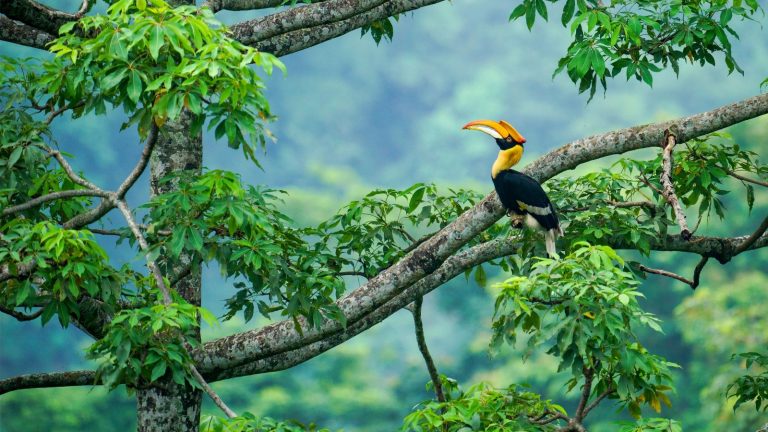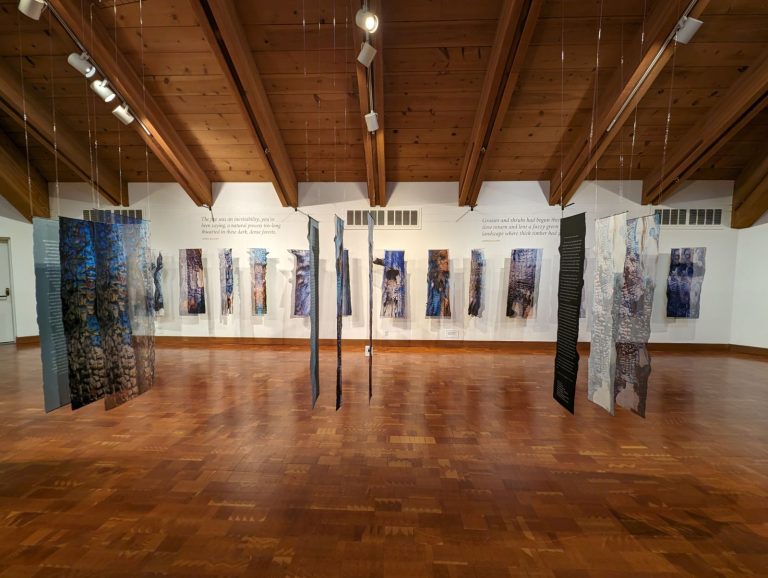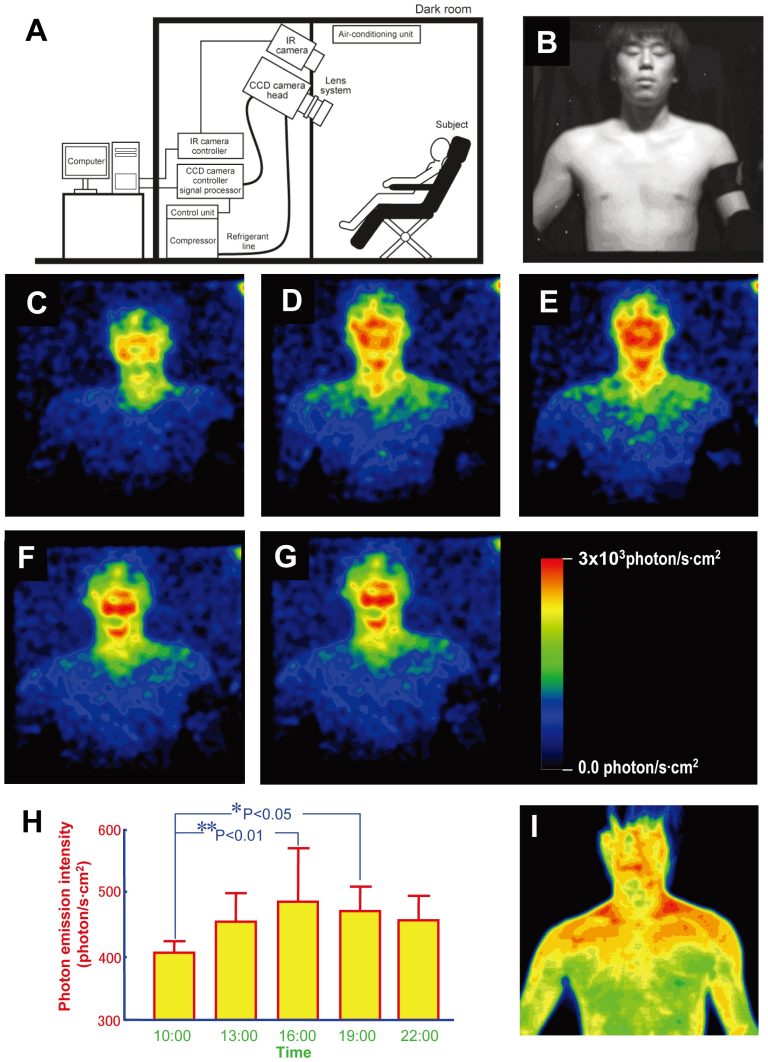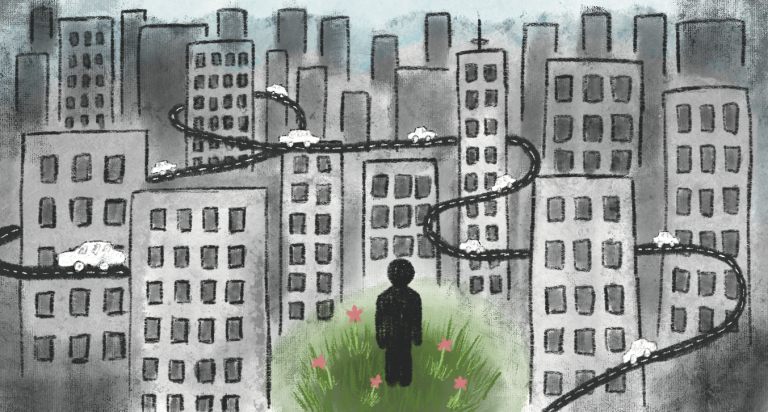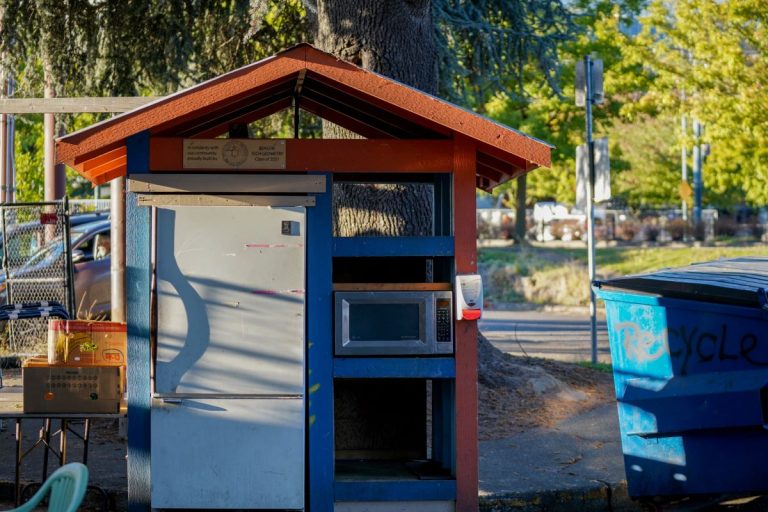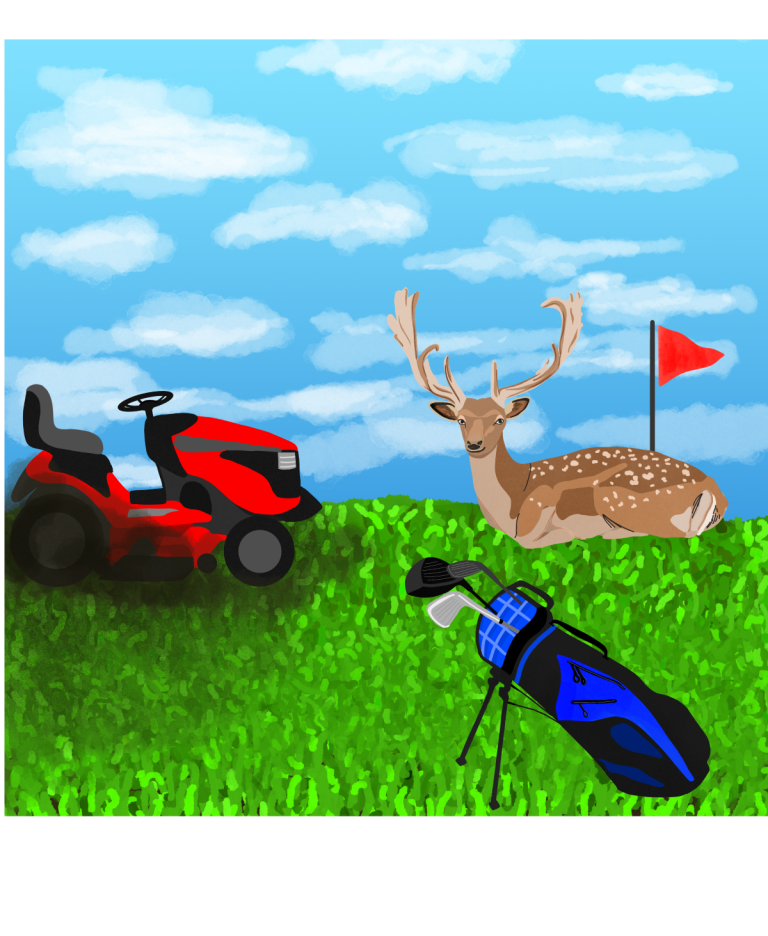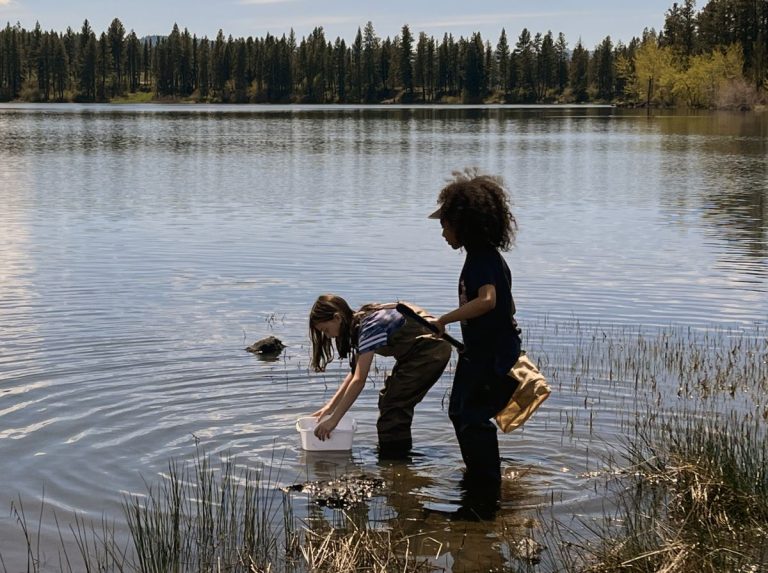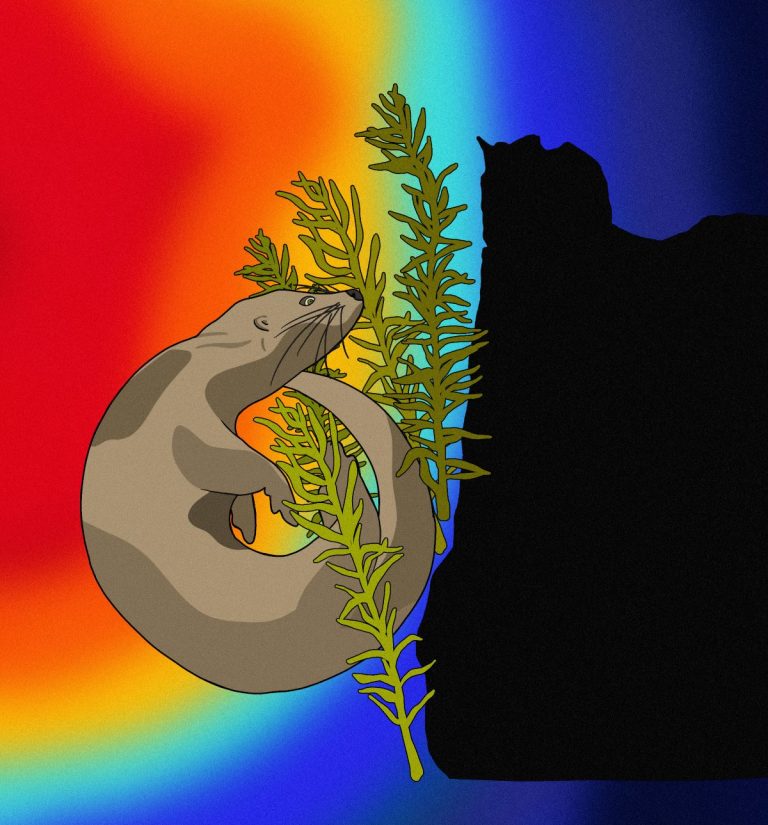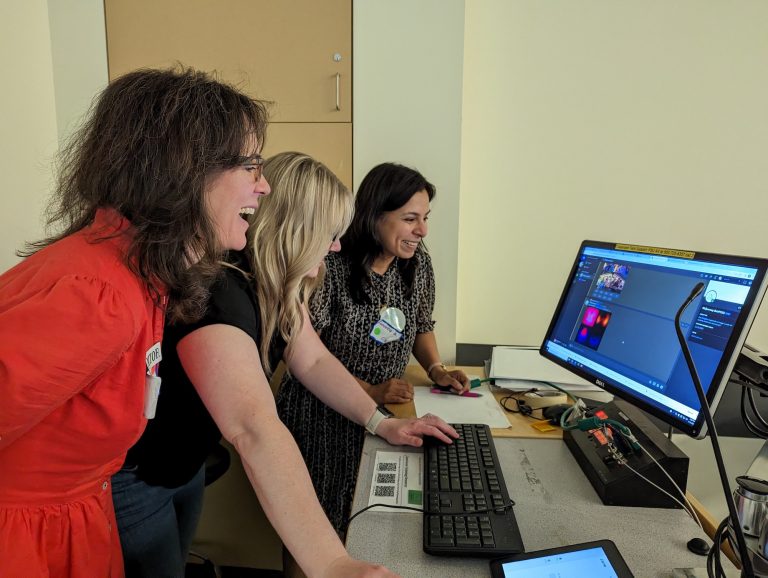Bird names are more than labels; they are windows into our relationship with the natural world, reflecting history, culture and values. As society evolves, so does the language we use…
Adapting to wildfires
The untamed ferocity of wildfires has long been a force of nature, shaping landscapes and ecosystems in both destructive and transformative ways. Once flames move across forests and leave trails…
You glow in the dark
The human body glows. This might sound like science fiction, but it results from ultraweak biophoton emission imperceptible to the naked eye. The study stated that the faint light…
Shifting baseline syndrome
Surrounded by nature in Portland, it is crucial to pause and reflect on an often-overlooked phenomenon which affects our natural surroundings and our perception of them. What we consider normal…
Fighting food insecurity
Food security comes when a household consistently has access to food. As living organisms, we need a regular calorie intake to keep our bodies in check. We establish daily routines,…
How do we value greenspace?
Golf courses can promote biodiversity in urban areas when strategically designed and managed, especially in environments where wildlife might seek shelter or refuge. While comprehensive data and dedicated studies on…
Community science and its ripple effects
Community scientists involve the public in engaging with the development of science. The increased care and observation of our environment has several practical benefits for the development of science and…
Keep Portland wet
Beavers once thrived in Oregon, but their abundance became a casualty of the fur trade. Due to their previous domination of the land, many species of birds, fish and vegetation…
Sea otters—the protectors of kelp forests
Otters are a keystone species. Over the past 100 years, however, they have become absent from large sections of their historical range. In the past, attempts at reintroducing otters in Oregon…
How PSU prepares for a crisis
Crisis is inevitable—what goes up must come back down. Given this inevitability, it is vital that institutions prepare for it and ensure that they know how to respond. Portland State…
My journey at the Ideathon: The power of interdisciplinary science events
Science can sometimes feel inaccessible, but considering its importance in our lives, it is logical that we strive to improve its accessibility. Science events serve as a means to bridge…

